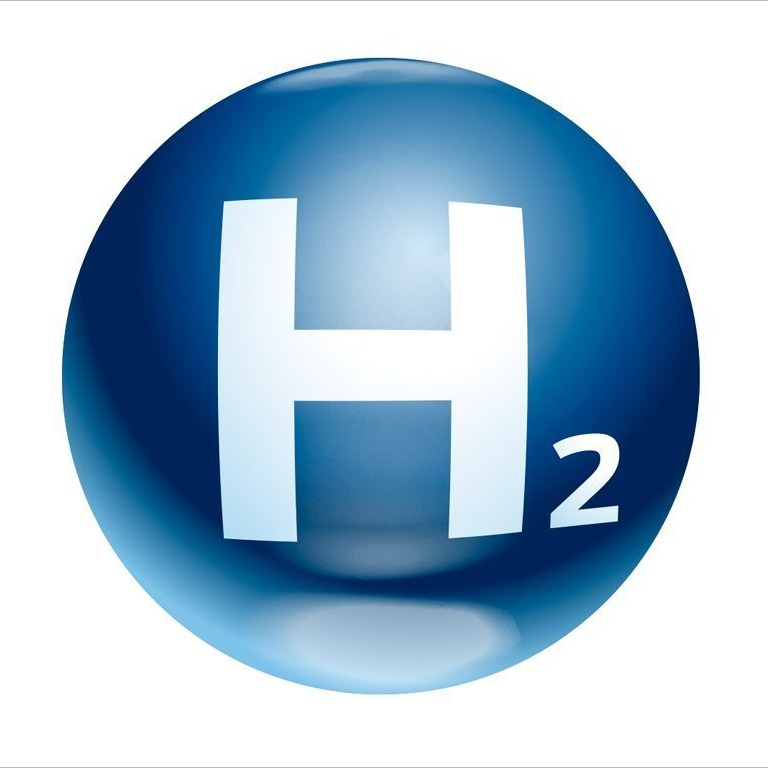There are several types of diesel-hydrogen engines for commercial application, between 1,000 kW and 2,800 kW
 Marine Engineering Bureau is conducting a design study for introduction of new engine concepts into ships of mixed river/sea navigation (primarily RSD59, RST27M and RST27 projects). It is looking into using engines running on alternative fuels ensuring the reduction of GHG emission.
Marine Engineering Bureau is conducting a design study for introduction of new engine concepts into ships of mixed river/sea navigation (primarily RSD59, RST27M and RST27 projects). It is looking into using engines running on alternative fuels ensuring the reduction of GHG emission.
First of all, it is about LNG. In 2020, the methanol study began and from 2021, MEB has been provided with the engineering materials on new hydrogen engines of 1,000 – 2,000 kW which is the range of capacity required for the study.
The key purpose of hydrogen engines is the production of hydrogen through hydrolysis using the green energy produced by sun, wind or nuclear power plants. In this case, hydrogen is a way to keep energy produced by such plants.
Compressed hydrogen can be kept in high pressure tanks (a 40-foot container with 25 MPa tanks holds 794 kg of hydrogen, a 40-foot container with 50 MPa tanks – 1,050 kg of hydrogen); when it comes to liquefied hydrogen at -252 °ąĪ, a 40-foot container holds about 2,478 kg of hydrogen; 1 m3 of LOHC (Liquid Organic Hydrogen Carrier) is an equivalent of 57 kg of hydrogen.
About 3,200 kg of hydrogen can be kept in a 40-foot container, or about 1,600 kg taking into consideration the need to keep low-density liquid.
LOHC technology is in the phase of development. Its commercial application on ships is expected in the nearest future.
The materials have been provided by a Belgium headquartered manufacturer of marine diesel engines, Anglo Belgian Corporation (ABC), deeply engaged in such developments.
As of today, there are several types of diesel-hydrogen engines for commercial application. They are ranging between 1,000 kW and 2,800 kW. Those dual-fuel engines need 85% of hydrogen and 15% of diesel fuel.
In the nearest future, ABC is set to manufacture engines running on 100% hydrogen.
A tugboat currently under construction for the Port of Antwerp will be equipped with two ABC 12VDZ engines of 2,000 kW each.
A 1,000 kW container-type diesel generator running on hydrogen has been produced.
ABC diesel-hydrogen engines are based on the design of standard medium-speed diesel engines. The existing ABC diesels can be modified to run on hydrogen.
Basing on the available data, hydrogen as a fuel for ships of mixed navigation is quite realistic with not so distant prospects.
Obviously, the key issue is the promotion of such developments and their economic aspects.
Related links:
DNV GL Maritime CEO bets on gas, methanol and ammonia as most promising marine fuels >>>>



